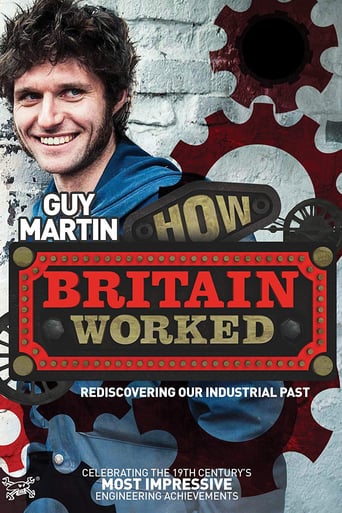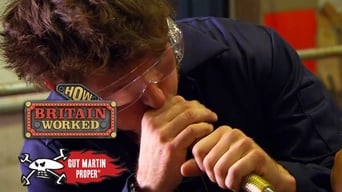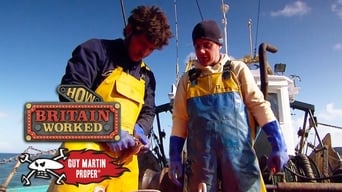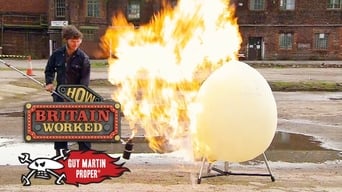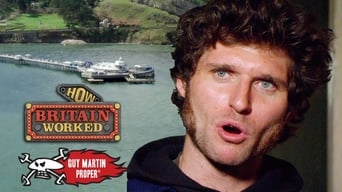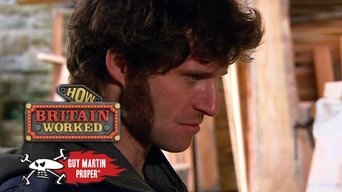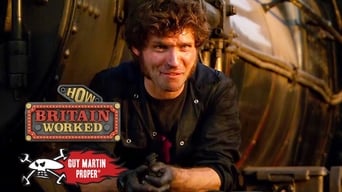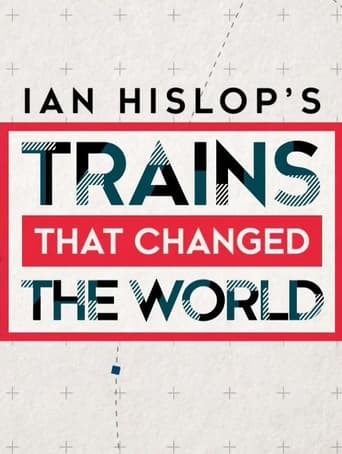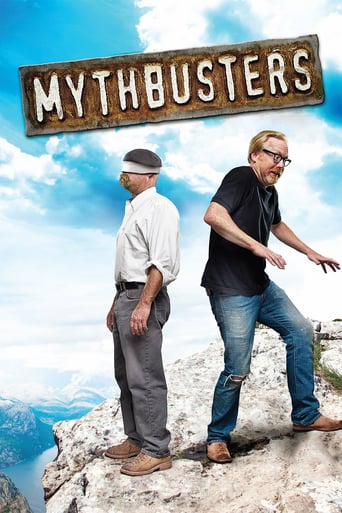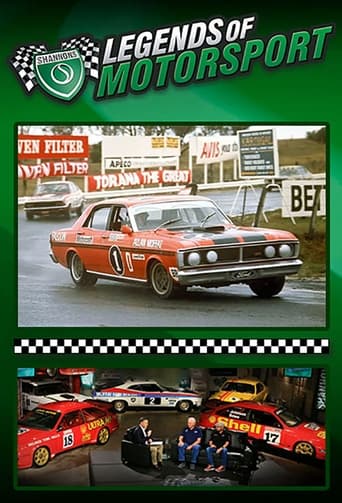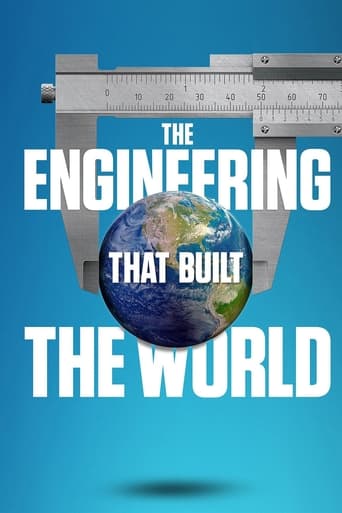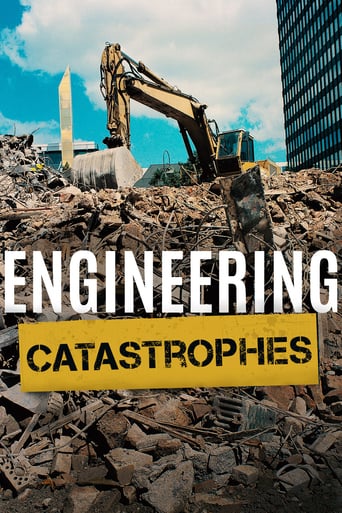How Britain Worked Season 1
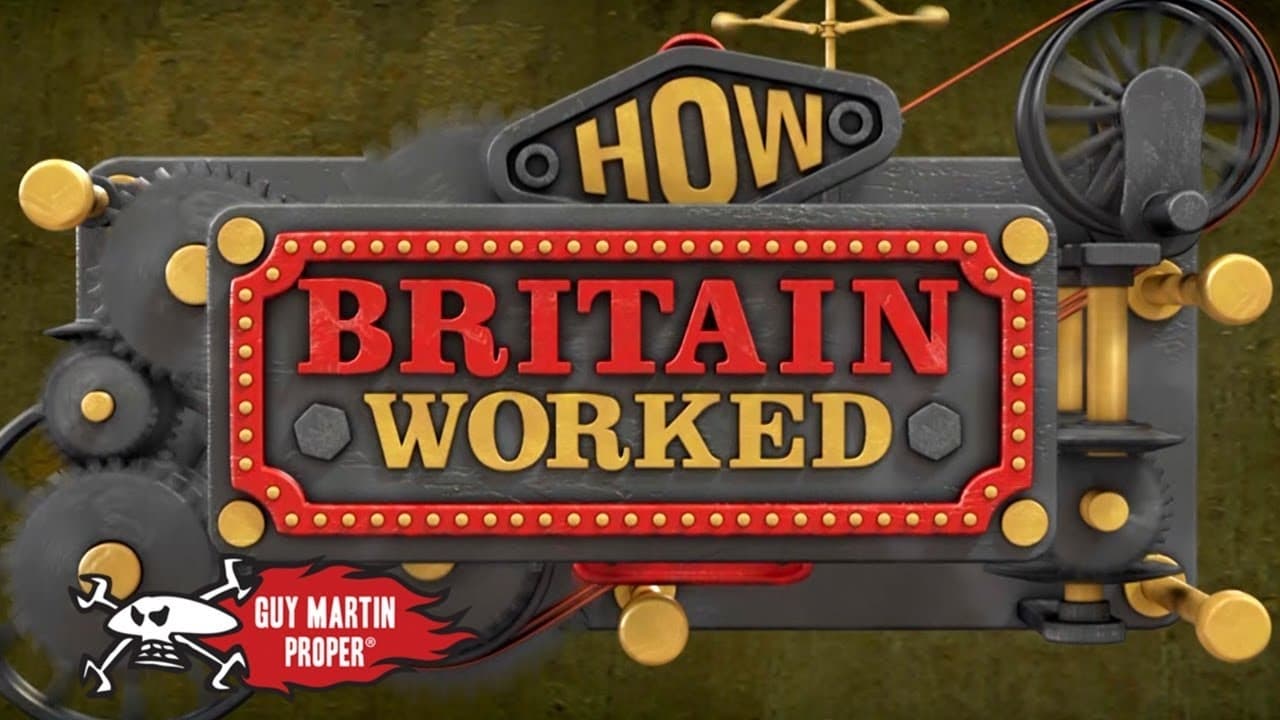
Guy Martin celebrates the workers of the Industrial Revolution by getting stuck into six of the country's biggest restoration projects, bringing some of the 19th century's most impressive engineering achievements back to life.
Watch NowWith 30 Day Free Trial!
How Britain Worked
2012

Guy Martin celebrates the workers of the Industrial Revolution by getting stuck into six of the country's biggest restoration projects, bringing some of the 19th century's most impressive engineering achievements back to life.
Watch Trailer
How Britain Worked Season 1 Full Episode Guide
Birmingham Botanical Gardens may seem an unlikely place to explore the wonders of the Industrial Revolution, but hidden behind its fragrant borders Guy Martin finds a hidden world of hi-tech Victorian engineering, show-off architecture, intrepid plant-hunters scouring the furthest corners of the Empire, and city fathers terrified of the 'degenerate' urban poor. As Guy helps to get the gardens back into shape, he tries to learn one of the Industrial Revolution's most skilful and dangerous jobs: blowing glass for the gardens' enormous greenhouses. He has a go at rebuilding the very first lawnmower - another great British invention. Guy also uses a little-known 19th-century technique to make his own rock to go in the garden's restored rockery and then - if all goes to plan - he'll be given the job of turning on his newly installed fountain at the grand opening ceremony.
Guy helps restore the oldest surviving Brixham sailing trawler, the boat that launched the modern fishing industry and transformed the way a nation ate. Guy learns how the trawler's radical design saw off the competition, tries his hand at the precision joinery that made that design possible, tests his own version of an Industrial Revolution life jacket by jumping into the sea, and makes rope using the original machines that wove the ropes for Nelson's HMS Victory. He experiences deep sea trawling - said to be the most dangerous job of the 19th century - for himself, and discovers how Britain acquired its taste for fish and chips.
In this edition Guy's project is the first piston engine ever built. The Newcomen Beam Engine was the first practical device to harness the power of steam and kick-started the Industrial Revolution by allowing coal mining to operate on an industrial scale. Newcomen engines were used throughout Britain and Europe, principally to pump water out of mines, thereby allowing coal mining to go deeper and operate on a scale never before envisaged. If Guy and the restoration team at the Black Country museum can restore their Beam Engine to full working order it will be the only working example of this ground-breaking technology in the world. Success would mean witnessing the glorious sight of one the Industrial Revolution's most impressive inventions running again just as it first did 300 Years ago. Guy helps replace the rotting timber structure above the shaft, restore the worn parts and clean the boiler and he makes fire bricks the Victorian way to re-build crumbling brickwork around the engine. Meanwhile he learns about the lives of the men women and children who went down the mines to dig for coal. Joined by his girlfriend Steph, Guy heads deep underground to dig for coal and experience the almost impossible conditions that miners worked in.
Guy visits Llandudno to help get this Queen of Victorian resorts up to scratch in time for the summer season. The great British seaside holiday was a largely Victorian invention. Once it had caught on, tiny fishing villages up and down the country were transformed into giant pleasure parks complete with all the latest attractions. Over the course of the winter, Guy gets stuck into essential and dangerous restoration work on the town's magnificent pier, rebuilds a towering original helter-skelter ride and gets up to his elbows in grease servicing the town's funicular tramway. He learns how our appetite for sea-bathing began when word began to spread that it was good for the glands. He finds out how the engineering developments taking place in the great factories also led to a revolution in musical instruments. And he joins a brass band to play his part in a special promenade concert - with mixed results...
Guy works to get a Yorkshire saw mill up and running again, and then use it to make a replica of one of the less-celebrated inventions of the Victorian era: the first pedal-powered bicycle. Using his engineering skills, Guy helps the restoration team repair the ingenious water turbine that's needed to power the whole of Gayle Mill in Wensleydale, but which is currently leaking 43 litres of water a second. He ropes in his old mate Mave, who's a carpenter, to help fell a tree by hand, transport it to the mill on a steam traction engine and then use it to make his bike. Along the way, Guy learns about the lives of factory workers: the foot soldiers of the Industrial Revolution. He discovers how the mechanisation of farming left many with no choice but to head for the new industrial cities and towns and how child apprentices were often little more than slave labour. If Guy can get the mill running and build his bike, it'll need a test run and, as Guy is a man who likes a bit of an adrenalin rush, this is unlikely to be a gentle trundle across the dales!
Guy helps to overhaul a steam locomotive used on the popular Severn Valley Railway, a 16-mile stretch of track in Shropshire preserved to look just as it did in the 19th century. He joins a team of volunteers, some as young as 17, to help repair its boiler, safety valves and one of its two-tonne wheels. He also lays some track using exactly the same methods as the notorious 'navvies' - the hard-drinking, hard-living labourers who laid Britain's railway infrastructure by hand. Guy learns the dying arts of the Victorian blacksmith to make a coal shovel out of wrought iron, and repairs a century-old train driver's pocket watch using washers just 1mm wide. If everything can be made to work then Guy will get the chance to try his hand at every young boy's dream job: steam train driver.
Free Trial Channels
Seasons


